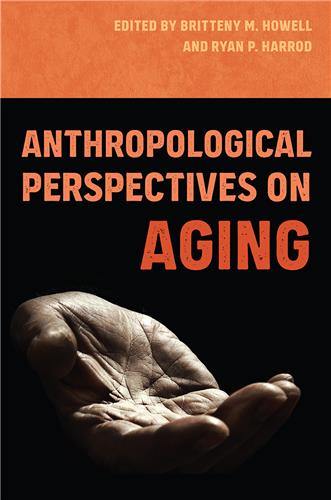Through a variety of first-person accounts, this book offers a glimpse into the frequently misunderstood religions of Afro-Cuban Lukumí, Haitian Vodou, and Brazilian Candomblé, adding to the growing research on the transnational yet personal nature of African diasporic religions.
Browse by Subject: Anthropology
Please note that while you may order forthcoming books at any time, they will not be available for shipment until shortly before publication date
Tracing the flows of people, material items, and digital content between Havana and Miami, as well as between Cuba and Panama, Guyana, and Mexico, this book demonstrates the worldmaking of marginalized Cuban communities in a transnational setting.
This book delves into the ongoing movement toward recognizing Black Mexicans as a cultural group within the nation, focusing on this process in the Costa Chica region in order to explore the relational aspects of citizenship and the place of Black people in how modern citizenship is imagined.
Based on two years of fieldwork in Honduras and New York, this study examines not only the transnational movements of Garifuna populations but also the impact that the complex racial and ethnic identity of the Garifuna have on their surrounding societies.
In this first systematic comparative study of Cuba and Puerto Rico from both a historical and contemporary perspective, contributors highlight the interconnectedness of the two archipelagos and encourage a more nuanced and multifaceted study of the relationships between the islands and their diasporas.
Taking a holistic approach to the study of aging, this volume uses biological, archaeological, medical, and cultural perspectives to explore how older adults have functioned in societies around the globe and throughout human history.
This ethnographic memoir weaves together the history of capoeira, recent transformations in the practice, and personal insights from author Katya Wesolowski’s thirty years of experience as a capoeirista.
This is the first volume to explore the understudied side of baseball—how its heritage is understood, interpreted, commodified, and performed for various purposes today, ultimately showing how the performance of baseball heritage can reflect the culture and heritage of a nation.
Exploring the cultural role of cycads in the ancient and modern Mesoamerican and Caribbean worlds, this volume demonstrates how these ancient plants have figured prominently in regional mythologies, rituals, art, and foodways from the Pleistocene-Holocene transition to the present.
This volume traces the socioeconomic and environmental changes taking place in the Gran Chaco, a vast and richly biodiverse ecoregion in South America, illuminating how the region’s many indigenous groups are negotiating these transformations in their own terms.











